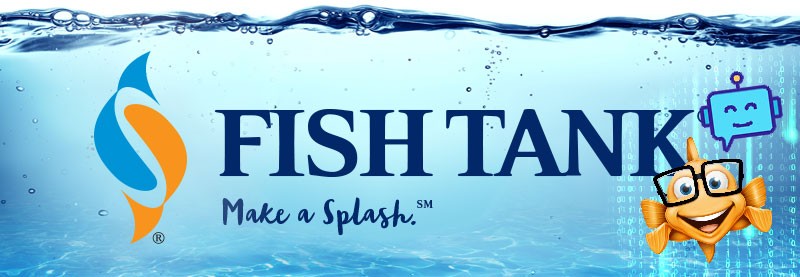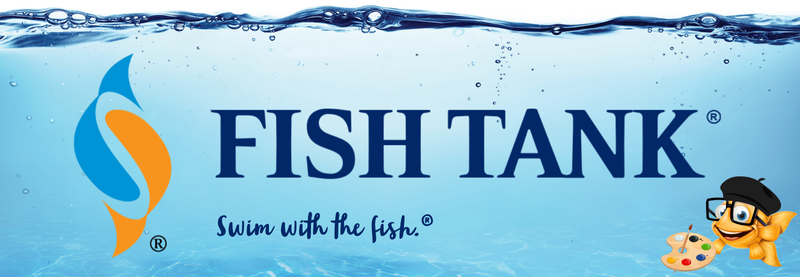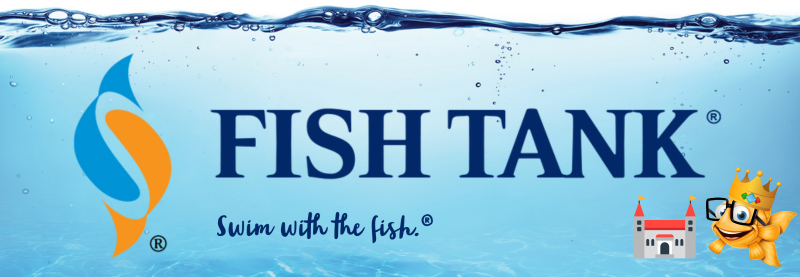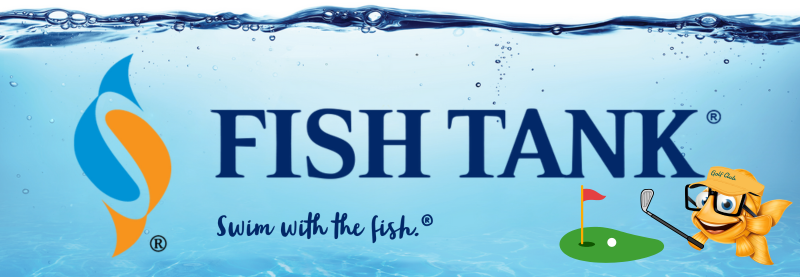Intellectual Property Insights from Fishman Stewart PLLC
Newsletter – Volume 23, Issue 1
Share on Social

Bot vs. Man, A Holiday Bout For Rights
By Alexander JSW Johnson
A new year has turned, and the warmth of the holidays has yielded to the bitter cold of January. You know what else is cold? Bots: they’ve mined humans as batteries, navigated X-wings through a galaxy far, far away, and spoiled the international man of mystery’s honeymoon. Late last November, bots added “became web-based AI dialogue writers” to their collective résumé.
Unlike the Matrix, Star Wars, and Austin Powers, respectively, Chat Generative Pre-trained Transformer, or ChatGPT, is not a robot in disguise or a bot of science fiction. We, the users, provide prompts in text form, and ChatGPT converses in response to the prompts. If you follow me on LinkedIn, you may know how exciting I find this kind of bot’s potential—emails, contracts, blog posts, or even sonnets and legal briefs could be auto-drafted (someday). But it does make me wonder…
Do ChatGPT’s user-prompted writings have authors and owners of under copyright law? If so, who?
An important aspect to answering this question is understanding what ChatGPT is. It is a language model specializing in dialogue, the user prompts and ChatGPT writes. Point-and-shoot.
Consider my conversation with the bot [wow, my recent transition to parenthood has really changed my social engagement…]:

Strong statement from ChatGPT that its work is the copyright of the author of its source material. Maybe that’s correct, erroneous, or an incomplete analysis. The issue has created diverging opinions among scholars, practicitioners, investors, and content creators as to authorship and ownership.
However, we are interested in your opinion. But first, consider some copyright basics: a copyright is created as soon as an “expression” is “fixed in a tangible medium” if the expression is “original.” The legal author is the human who fixed the expression in the given medium. Generally, authors are the initial legal owners, though agreements and employment relationships can change that.
Minimal creativity is needed to meet the “originality” requirement, such as using an iPhone to casually snap a picture of the Statue of Liberty with no regard to composition. It does not take much for copyrights to be created.
Could I be the legal author and owner of copyrights in the text I prompt ChatGPT to draft for me?
A human hitting the camera trigger button in most cases confers authorship for copyright purposes [humans only, and yes, the issue of monkeys-as-authors has been litigated before]. Yet, for most smartphone photos, the device makes all decisions regarding the exposure, aperture, shutter speed, and white balance. If shot in “live” or “motion” mode, the device also selected the best still frame to present as the best picture from the short video taken. The phone also automatically conducts post-processing to adjust color, exposure, lighting, and so forth.
In a way, smartphone photography much of the time could be viewed as the user merely giving the phone a prompt. Something akin to: “record an image of the statue of liberty.”
How does that compare to the creativity of the thought that I put into this prompt to ChatGPT?

So, I’ll ask again: do ChatGPT’s user-prompted writings have authors and owners under copyright law? If so, who?
The answers are unclear, but sure to come to a court near you soon. Until then, tell us who you think is the author of human-prompted AI writing:
To talk bots and technology in (or out of) law, contact Alex at ajohnson@fishstewip.com, 248-594-0614, or find him on LinkedIn.
Alexander JSW Johnson is an attorney at Fishman Stewart with at least 10 years of extensive experience in trademark and intellectual property matters. He works in the firm’s Trademark Practice Group. He holds a B.A. in Art (studio emphasis) and Journalism. Check out his full bio here.

Related Content from Fishman Stewart
People have long pondered whether or not the Giza pyramids were indeed solely burial chambers, which was the only known, and archaeologically determined, use—until now.
As the story goes, Klein was so taken with the indescribable blue of the sky over the Mediterranean in Nice, France, that he dedicated his artistic talent developing a blue that would imbue the canvas with this color in its purest form.
Despite her pseudo-legal background in Suits, Meghan has been running into one issue after another in her efforts to register the trademark and logo for her new lifestyle company, for now, called “AS EVER”.
By 1930, efforts began in New York to replace Mother's Day with Parent's Day because men were more than just breadwinners. Those efforts didn't catch on, probably because in that era, women often spent more time in the home.
In February, Nike and Skims announced that they will be working together on a new brand, NikeSkims. The co-brand will create a new line of training apparel, footwear, and accessories specifically designed to meet the unique needs of women athletes.
Generally, federal courts have exclusive jurisdiction over copyright cases, and often, this presents an insurmountable paywall for individual artists and small businesses to vindicate their rights, especially where the value of the individual copyrighted works are relatively low.
Dedicated to raising public awareness about the importance of encouraging innovation and creativity throughout the world, the World Intellectual Property Organization (WIPO) annually observes World Intellectual Property Day on April 26 to showcase the role that patents, trademarks, industrial designs, copyrights and trade secrets play in our everyday lives.
Hold onto your foam fingers, sports fans – college sports just got a whole lot more interesting! The latest updates to Name, Image, and Likeness (NIL) rules are making student-athletes bigger than ever, and it’s not just about the game anymore.
Did a federal court in Louisiana recently decide that US copyrights are global rights? It seems so.
L.A.B. Golf aims to protect its innovations, and therefore its market position, owning three patents for its zero-torque design. The question now is whether L.A.B. Golf can withstand the wave of copycat designs.
IDENTIFYING, SECURING AND ADVANCING CREATIVITY®

















